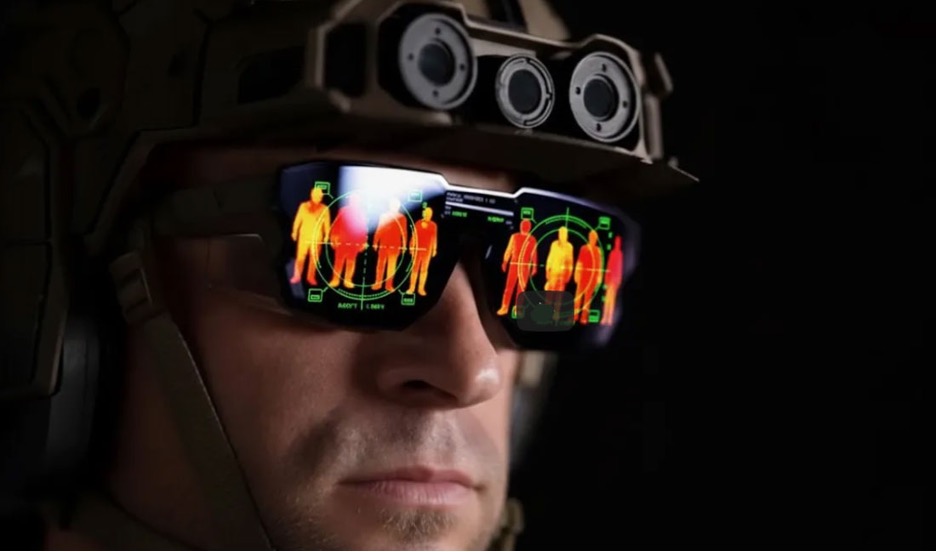
A slower walking pace or more variable stride may indicate cognitive decline, according to several studies presented at the Alzheimer’s Association International Conference. Now researchers from all over Europe have partnered up with the European Federation of Pharmaceutical Industries and Associations (EFPIA) to develop sensor technology that assesses the loss in mobility.
Related This Smart Cane Can Double as an Activity Tracker for the Elderly
Funded with €50 million from the European Innovative Medicines Initiative 2 Joint Undertaking, the project, dubbed MOBILISE-D, will be led by Newcastle University with support from Novartis, reports MobiHealthNews.
The researchers explained that gait is an indicator of several health risks including chronic obstructive pulmonary disease (COPD), congestive heart failure, multiple sclerosis, Parkinson’s disease, hip fracture recovery and proximal femoral fracture.
Focused on the elderly population in Europe, the goal of the wearable technology is to help with clinical trials and clinical management.
“Digital technology, including sensors worn on the body, have the potential to transform how we assess mobility and identify life-changing conditions,” said coordinator of the research Lynn Rochester, professor of Human Movement Science at Newcastle University. “This will enable medical teams to intervene earlier and offer treatment to extend healthy life.”

The researchers said that part of their goal is to get help from the technology to research ways to predict, detect and measure mobility loss.
“A key immediate impact will be on the design of clinical trials for novel treatment development, supporting better patient inclusion & stratification, more sensitive clinical outcomes, a potential correlation of real-world patient reported outcome for evidence-based healthcare,” said Ronenn Roubenoff, Global Translational Medicine Head, Musculoskeletal Disease at Novartis Institutes for Biomedical Research.
Related Wearables to Help the Elderly Stay Healthy and Safe at Home or Outside
Recently Alphabet’s life science subsidiary Verily developed a wearable called the Verily Study Watch that recently received FDA clearance and Johnson and Johnson signed a deal with Apple to leverage the Apple Watch for a major study.
Founded in 2008, the European Innovative Medicines Initiative is a public-private partnership between the European Union and the pharmaceutical industry, with an overall budget of €5.3 billion from 2008 until 2024.


